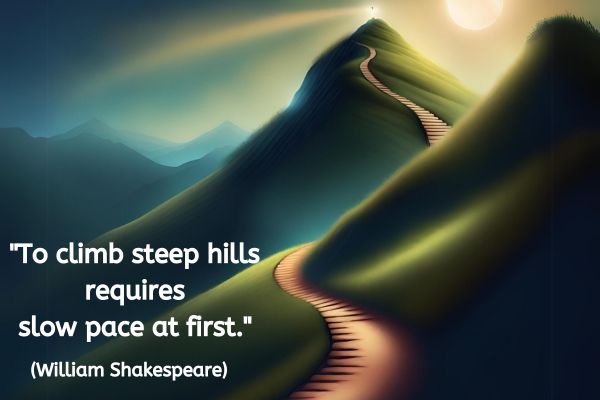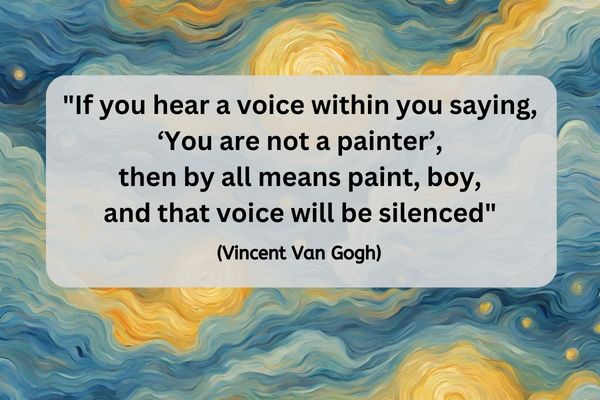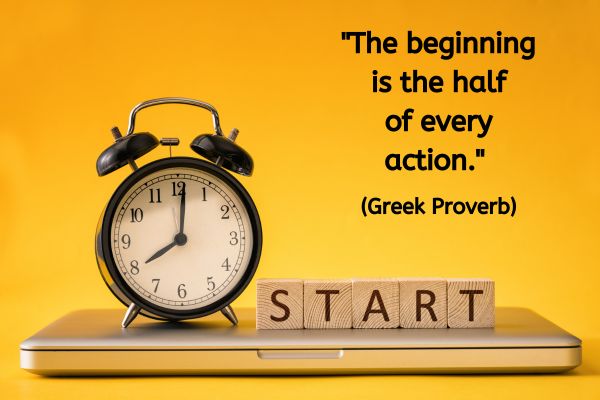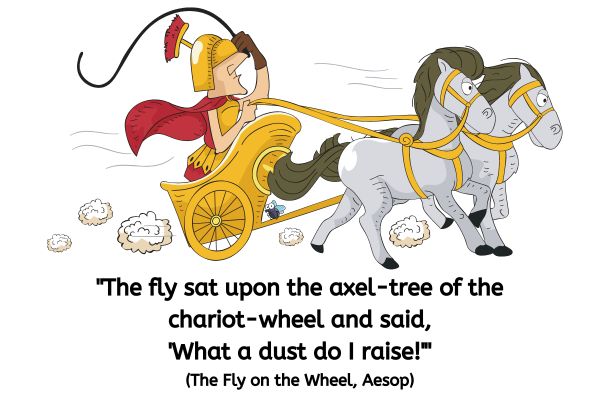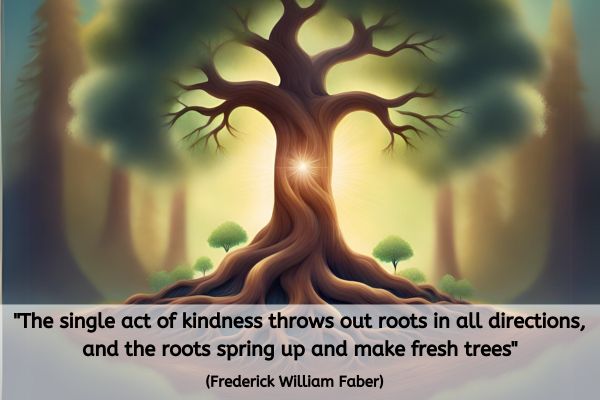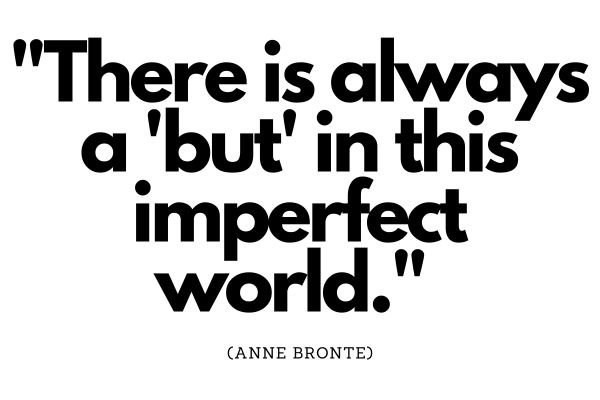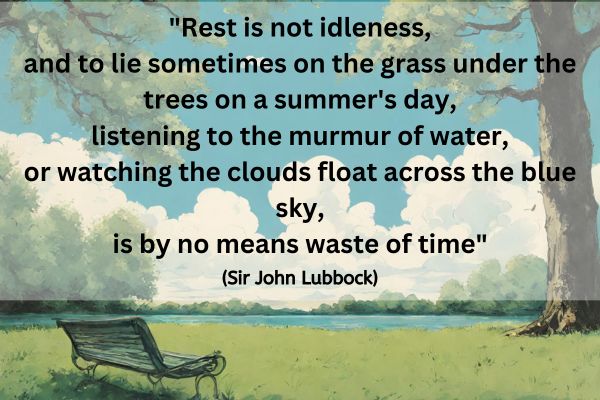The quote for today is:
“If you hear a voice within you saying, ‘You are not a painter,’ then by all means paint, boy, and that voice will be silenced.” (Vincent Van Gogh)
In the realm of coaching, Vincent Van Gogh’s words shared in a 1883 letter points towards lsitening to your own inner wisdom as well as that voice of self doubt. A journey many clients embark upon, with the guidance of their coaches.
As coaches, we often encounter individuals whose aspirations are stifled by their own insecurities and fears. Our role is not merely to offer solutions but to facilitate a transformative journey towardself-discovery and empowerment. In light of this, let’s delve into the questions raised:
How do you encourage your clients to step outside of their comfort zone?
Let me take a moment to discus comfort zones. The most common way I’ve come across the use of comfort zones is when discussing learning. Visualize three concentric circles stacked on top of each other. The innermost circle represents the comfort zone, where individuals feel at ease and familiar with a particular skill or situation. It is typically associated with minimal pressure and stress levels. The next circle, labeled stretch/learning, signifies the area where individuals are pushing the boundaries of their perceived or actual abilities, venturing into new territories. This can generate a mix of excitement, discomfort, and mild anxiety. Finally, the outermost circle is often referred to as panic or overwhelm, which is not conducive to effective learning.
Encouraging clients to step outside their comfort zones is a delicate yet essential aspect of coaching. It involves creating a safe and supportive environment where clients feel empowered to explore new possibilities and challenge self-imposed limitations. Techniques such as reframing limiting beliefs, setting achievable goals, and celebrating progress can help instill confidence and motivate clients to embrace unfamiliar territory.
When I first started coaching, my approach focused on expanding comfort zones and encouraging clients to step into the stretch/learning zone. This approach remains relevant and is still an option to explore in any coaching situation. However, I’ve also come to recognize the power of understanding that we live in the feeling of our thinking. Exploring the energy of thought and how our experience is directly linked to it has become an integral aspect of my coaching practice. Recognizing that our thinking can sometimes be an unreliable indicator of actual reality enables clients to naturally see through and question the illusions created by their thoughts, using the feeling as an indication of when they have drifted off track.
As I continue to evolve as a coach, I’ve found that incorporating this understanding into my practice has profound implications. It allows me to guide clients in exploring thinking and understanding the impact they have on their emotions and actions. By recognizing that our feelings are a reflection of our thinking in the moment, clients can gain a newfound awareness that empowers them to navigate challenges with clarity and resilience. Instead of being consumed by doubt or fear, they can observe their thoughts with curiosity and compassion, knowing that they hold the key to unlocking their potential.
This shift in perspective fosters a deeper level of self-awareness and self-trust, enabling clients to tap into their innate wisdom and make choices aligned with their values and aspirations. Ultimately, it’s about guiding clients to access their inner guidance system, where intuition and insight pave the way forward. By cultivating this awareness of the interconnectedness of thought, feeling, and action, coaching becomes a transformative journey of self-discovery and empowerment.
How does that relate to comfort zones? Well sometimes all it takes is a new thought and that comfort zone expands naturally. Skills can still be developed and learning take place but it doesn’t always have to feel like hard work to push that edge of the circle out some more. I think that the experience that Van Gough is describing is that comfort zone expanding.
How do you motivate someone to pursue their passion despite their self-doubts?
In the quote Van Gogh talks about “a voice within you saying ‘you are not a painter'”, one label that could be put onto that is self-doubt. Motivating clients to pursue their passions in the face of self-doubt requires a combination of empathy, encouragement, and strategic guidance. By helping clients identify their core values, desires, strengths, and aspirations, coaches can inspire a sense of purpose and direction. Additionally, providing actionable strategies, accountability, and ongoing support can empower clients to overcome obstacles and stay focused on their goals.
Similarly to what I pointed to in the earlier section – those thoughts we often label self doubt can loose the power if we begin to see them not as an omnipitent judge but just as falible as any other thought that passes by.
Where do you start when working with a client who doesn’t believe in their own potential?
When working with clients who doubt their potential, it’s essential to establish a foundation of trust and rapport. Coaches can start by listening attentively to their clients’ concerns, validating their experiences, and acknowledging their strengths. From there, coaches can collaboratively identify areas for growth, set realistic expectations, and co-create a personalized action plan tailored to the client’s needs and aspirations. There’s the opportunity to explore who the client really is, to allow them to identify their own knowing, wisdom and creativity at a pace and speed that’s right for them.
In conclusion, the journey of overcoming self-doubt and embracing one’s potential is a deeply personal and transformative process. As coaches, we have the privilege and responsibility to guide our clients through this journey with compassion, insight, and unwavering support. By cultivating a nurturing coaching relationship and empowering clients to believe in themselves, we can help them unleash their full potential and achieve their greatest aspirations. So, let’s heed Van Gogh’s timeless advice and encourage our clients to paint their own masterpiece, silencing the voice of doubt and embracing the brilliance within.
About Jen Waller
Jen Waller is on a mission to support, nurture and encourage coaching skills and talents from non-coach to coach and beyond.
As an experienced coach and trainer Jen is happy to utilise all skills at her disposal to assist clients from getting out of their own way and making a difference in the world with their coaching. Find out more about the support Jen offers here.
